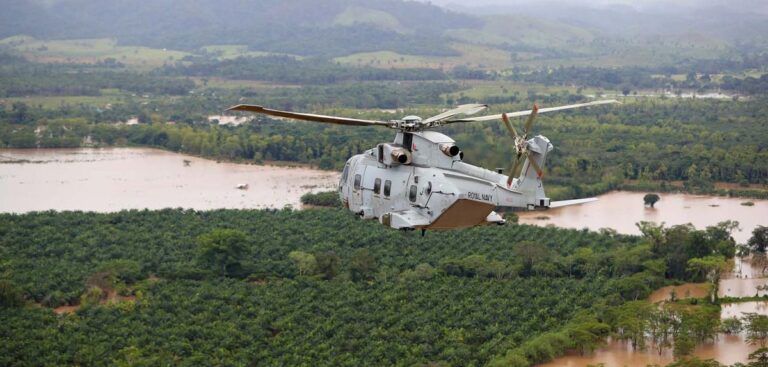Work by meteorologists from the University of Reading, the University of Bristol, HR Wallingford, Fathom and the European Centre of Medium-Range Weather Forecasts (ECMWF), is assisting international efforts to provide aid to Central American countries impacted by Hurricanes Eta and Iota.
A significant humanitarian response has been required in the aftermath of the hurricanes, which have so far killed 160 people and affected five million across Nicaragua, Honduras and Guatemala. Parts of Belize, El Salvador, Mexico, Costa Rica, Colombia and Panama have also been affected.
Before the hurricanes hit, the meteorologists’ analysis of the latest weather and river forecasts directed humanitarians to where the worst floods would happen and which communities would be most at risk. This allowed daily updates to be shared, via the UK government, with the International Federation of the Red Cross and the Red Crescent, the United Nations Office for the Coordination of Humanitarian Affairs (OCHA), relevant governments via British embassies in the region, and to disaster managers and humanitarian agencies worldwide.
The scientists have been using the Global Flood Awareness System (GloFAS), jointly developed by ECMWF and the European Commission, and operated from Reading as part of the European Copernicus Emergency Management Service, which provides an overview of flooding events in the next 30 days.
“By using one of the most powerful flood forecasting tools in the world, we were able to pinpoint this extraordinary flooding five days before this rain started to fall,” explained Dr Liz Stephens of the University of Reading.
“These two hurricanes have delivered a sickening one-two to Central America, with Eta dropping up to half a year’s worth of rain, and Iota subjecting many areas with similar rainfall totals on already saturated catchments. In Honduras, the Sula valley of over two million people is suffering from two floods in a fortnight, both worse than the flooding for Hurricane Mitch in 1998, the most devastating hurricane to ever hit the region.”



